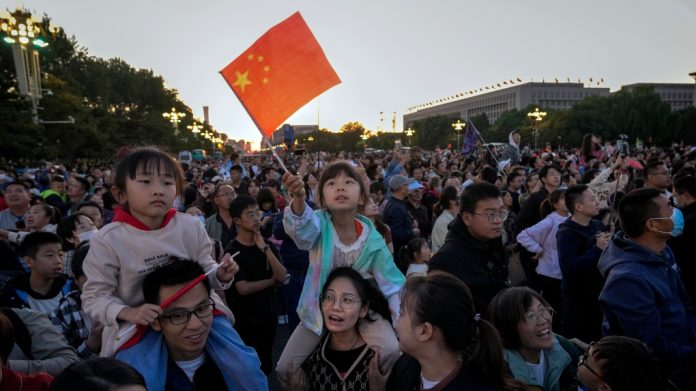The National Health Commission (NHC) of China is conducting a survey among 30,000 people to gain a better understanding of the factors affecting their attitudes towards childbearing and fears related to having children.
The last time a nationwide survey on families and fertility was conducted in 2021. This survey comes as Beijing seeks to encourage young couples to have children after China’s population declined for the second consecutive year in 2023.
Global Times, citing the China Population and Development Research Centre, part of the NHC, said the survey will draw people from 150 counties and 1,500 different communities. The survey aims to analyse “reluctance and fear surrounding having children” and ultimately provide fertility support and incentive measures.
In the meantime, China is considered one of the most expensive countries in the world to raise children relative to GDP per capita. The cost of raising a child under the age of 18 relative to GDP per capita in China is about 6.3 times, compared to 2.08 times in Australia, 2.24 times in France, 4.11 times in the US and 4.26 times in Japan.
In state media, population growth is often associated with a strong and revitalised China. In September, Chinese health officials said they would focus more efforts on promoting marriage and childbearing. The current birth rate is 10,478 births per 1,000 people, down 1.57 per cent from 2023.
